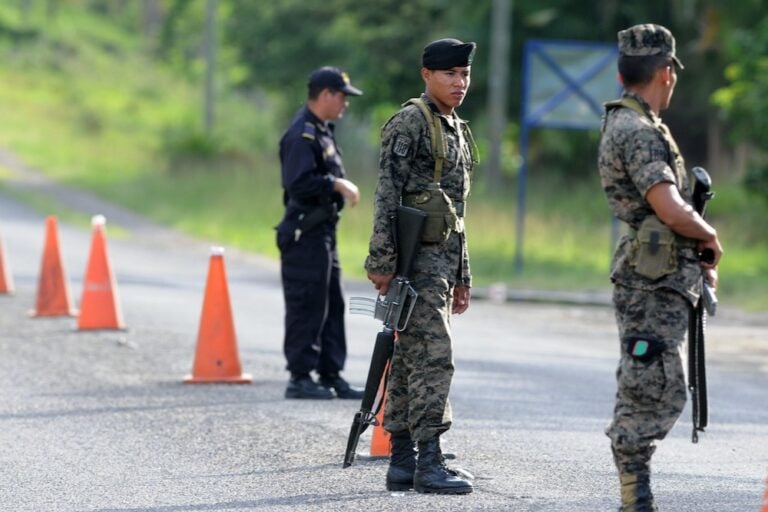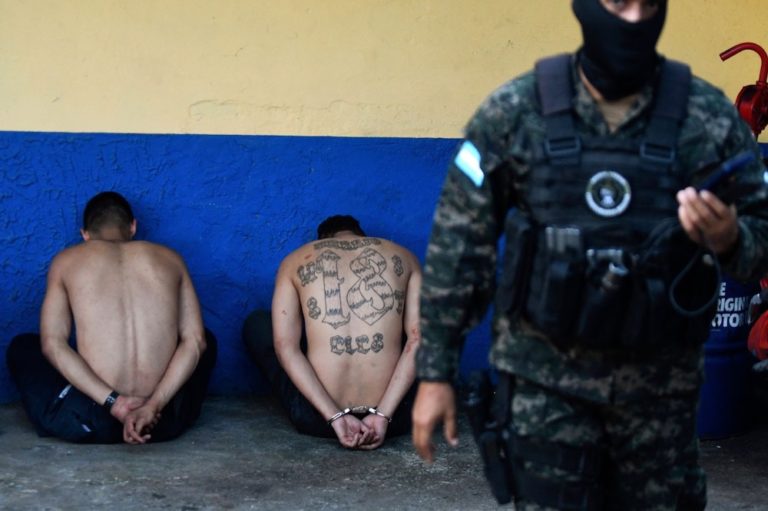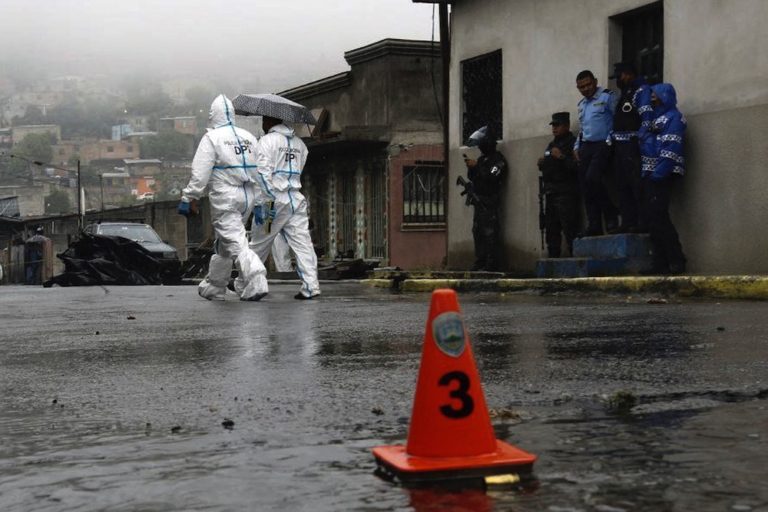A report issued after an international coalition visit to Honduras expresses concern over media concentration in the country and the role that it plays in the repression of freedom of expression.
(AMARC/IFEX) – Honduras, 12 August 2009 – “The concentration of media ownership in Honduras has played an important role in the repression of freedom of expression. The collusion between the powerful press, representatives of big business and the authorities is a key factor in the censorship of information.” These are some of the conclusions highlighted in a report issued by AMARC after an international visit to Honduras in early August.
The visit was carried out by a tripartite coalition, made up of representatives of AMARC’s Latin America and Carribean Programme (AMARC-ALC), the Latin American Association of Development Organisations (Asociación Latinoamericana de Organizaciones de Promoción al Desarrollo, ALOP), and the Roundtable for National and Latin American NGO Networks (MESA de Articulación de Asociaciones Nacionales y Redes Latinoamericanas de ONG). The mission, which took place one month after the coup d’etat in Honduras, was aimed at giving the participating organisations a first-hand look at the situation faced by the media, community-based radio stations and civil society organisations, and an opportunity to assess the state of freedom of expression.
The mission coincided with the visit to the country by the United National Special Rapporteur on the promotion and protection of the right to freedom of opinion and expression, Frank La Rue.
Participating organisations met with journalists, representatives of community-based radio stations, human rights groups, local and international NGOs and professors.
The report notes that since the first day of the coup, television stations that supported the authorities broadcast alternative programming while Radio Progreso, Radio Globo, the state television channel Canal 33 and other media outlets were being raided or shut down. Moreover, community-based media, particularly those who were opposed to the post-coup government, were affected by cuts to the electrical power in rural areas. Even when these media outlets were able to go back on the air, some of them received threats and were harassed while others had to ensure that their equipment would not be seized. Radio Progreso was forced to reduce its transmission schedule.
The mission also expressed concern over the situation faced by the biweekly publication “El Libertador”, whose director continues to receive death threats via the telephone. The newspaper has been exposing the links that continue to exist between media owners, big business and individuals who carried out human rights violations in the 1980s and today hold positions of power in the security forces.
The report noted that a number of journalists and civil society organisations turn to the radio to express their views and alternative proposals. Many of these programmes have been cancelled by the media outlet owners, as a result of financial pressure from the government.
According to a C-Libre journalist interviewed by the mission, the Honduran media has been used by the business community to prop up certain individuals while attacking those they want to destroy.
Following his visit to Honduras, La Rue also noted in his report the serious “difficulties in reporting on the political situation and in particular human rights violations”.


